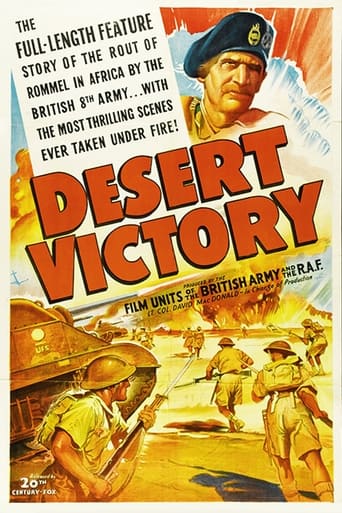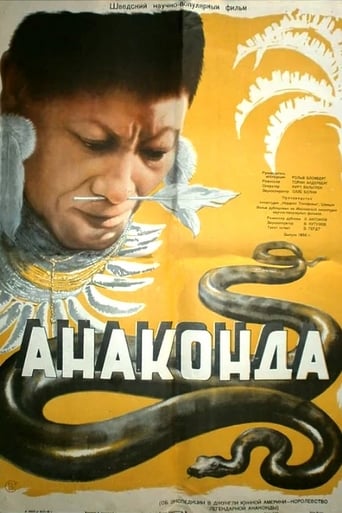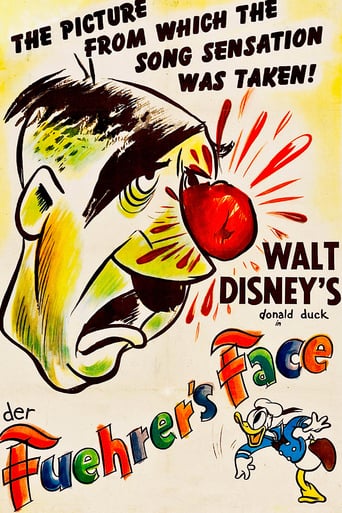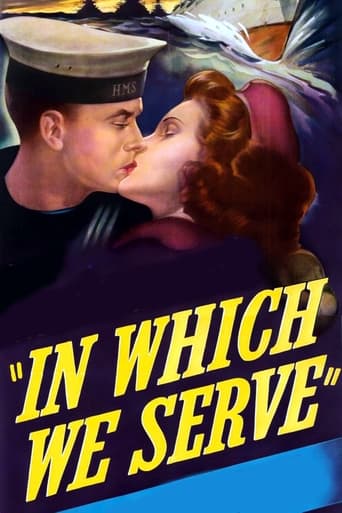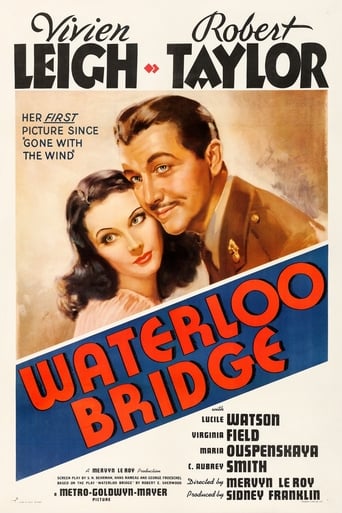Desert Victory (1943)
A featureless land fit only for war, as the narrator, J. L. Hodson stated in the early scenes: "If war was to be fought then let it begin here". In endless miles of rock-strewn scrub desert, where civilians hardly existed. Desert Victory tells the story of the Allied campaign to drive Germany and Italy from North Africa is analysed, with the major portion of the film examining the battles at El Alamein, including some re-enactment. Won "Best Documentary Feature" at the 16th Academy Awards in 1944.
Watch Trailer
Cast
Similar titles
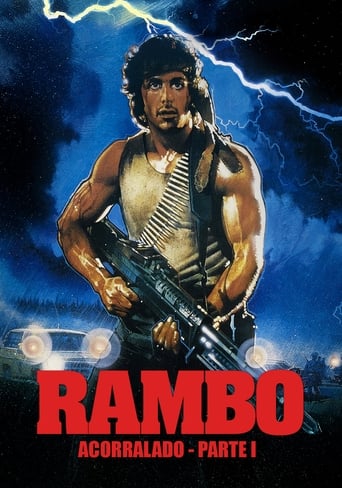
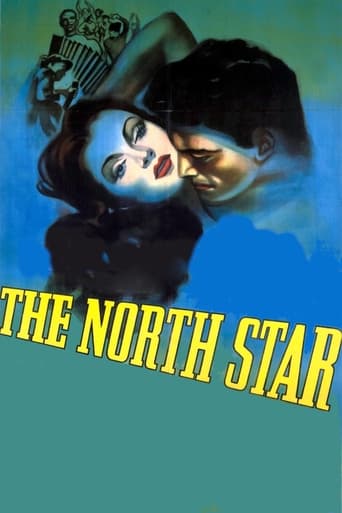
Reviews
Very very predictable, including the post credit scene !!!
Very Cool!!!
Such a frustrating disappointment
Great example of an old-fashioned, pure-at-heart escapist event movie that doesn't pretend to be anything that it's not and has boat loads of fun being its own ludicrous self.
It must be admitted that not a great deal is made clear by this film, except that Britain defeated Germany. What were the relative numbers on the German and British sides ? We weren't told. An excellent review by a British viewer in Liverpool, as well as other reviews, gives us the reasons. The film was issued in 1943, and had to be cautious in what it revealed. The quality on my disc cannot be described as good, and I'm basically left with numerous images of guns blazing, tanks rolling, aircraft flying, soldiers on both sides dead, dying and captured, without a great deal of explanation of what and where it is all happening. There is just about enough description of the tactics to provide some sort of a picture. One of the other reviewers made it clear that Rommel lost because of his lengthy and vulnerable supply line, as well as his relatively useless Italian allies. Why was he called the Desert Fox ? Heartening to see that the Limeys were actually participating in WWII. After noting Montgomery's reputation in Patton and Saving Private Ryan, and understanding that the heroic Americans had triumphed everywhere, I wasn't entirely sure.
By 1943, the German Field Marshall Rommel had pushed the British forces under Auchinleck back to within 60 miles of Alexandria, Egypt. Auchinleck was relieved by Generals Alexander and Montgomery, who dug in, and then successfully counter-attacked at El Alamein, saving Egypt from German and Italian conquest.Not that most of the Italians were a great threat. Their leadership was poor, for one thing. And they were held in contempt by their Afrika Korps counterparts. One of the Italian generals was Ettore Bastico, to whom Rommel referred as "Bombastico." Their equipment was outdated and poor. Many weren't overly fond of Mussolini and his aggressive foreign policy and his eager affiliation with Hitler's Germany. For these and other reasons, their team spirit was on the low side and the British and Commonwealth troops swept them up by the thousands.I mention this because the actual movements of the various forces are described well enough in another review, so there's not much point in describing them again.It's a war time propaganda movie and very well done for what it is. Propaganda itself is interesting because it's possible to mislead without actively lying. For example, we don't see or hear anything in this film that is untrue in any strict sense of the word. But what's interesting is what ISN'T said or seen.One of the principal reasons Rommel lost the battle of El Alamein is that he was at the very end of his supply line. He simply ran out of stuff. He was outnumbered in tanks, supplies, and combat-ready troops. He was out of fuel. He abandoned some operational tanks by draining their fuel in order to keep other tanks moving.And the reason for this was that the thread of his supply line ran from Italy to Tripoli, hundreds of miles by sea, and then still more hundreds of miles over the single coastal road. The coastal road was vulnerable to air attack. The convoys were vulnerable to attack both by air and submarine and shipping was regularly sunk, so that Rommel had almost nothing to replace his losses.And one of the chief reasons for THIS is that the British had broken the Italian naval code and knew roughly when and where the convoys would be at any given time. Of course, this couldn't even be hinted at in a 1943 documentary. Secrecy was so important that an air attack on a ship could not be called off, even though at the last moment it was discovered that the ship carried Allied POWs.And Rommel's retreat from El Alamein was not a rout, it was orderly. As he was driven back to his own ports, Rommel was able to replace some of his supplies, and he went on to turn his retreat from the east into an attack on American and British troops in the West.But you can't have this sort of information in a documentary made during the conflict itself. The élan, which the Italian troops lacked, had to be kept up at home and in the field.The print I saw was in pretty bad shape. The narrative was relevant and informative, although sometimes five minutes would pass during which we see many guns and tanks and troops dashing around but the narrator tells us nothing about what we're watching. Some of the footage obviously doesn't match the narrative closely but if you're not a purist you won't mind. The graphics are very helpful.Now that the shouting is all over, there is a more balanced and orderly presentation of these incidents available on the "Battlefield" series of DVDs. The boxed set of DVDs contains El Alamein, North Africa, and the Mediterranean.
This documentary was awarded an Academy Award during the midst of World War II. With film and stock footage, please be aware that quality may have effected it while viewing over time. The documentary covers Germany's General Rommel and British General Montgomery in the desert. This documentary shows actual footage of Rommel and Hitler themselves. During the making of this film, four British Army cameramen were killed, seven were wounded, and six were taken prisoners by the Germans. Wartime even during World War II was a dangerous time for even the cast and crew who were determined to show the world the enemy's path of destruction in the desert. World War II's primary motive was to overtake and control the world. Hitler and his men were on their way but thankfully they lost. But it was too late for the millions of casualties of war and the survivors left to rebuild and construct after wards.
This documentary account of the victorious campaign in Egypt and Northern Africa is nearly 100% actual war footage. In the inimitable British tradition it is factual, not propaganda-based (although some emotive wording can be found in the commentary). The Brits are to be commended for making a film of the campaign so quickly (1943) so that the public were able to unravel what really happened and what part they, their friends & relatives might have played in supporting the effort. Highly motivational stuff. Superb footage of all the protagonists, including Montgomery, Churchill, & Rommel (captured German footage!) etc. For authenticity this would be as near as possible to faultless. A great story and one that deserves to be re-told. The film is just over an hour in length, and does not drag at all. Recommended for anyone interested in World War 2 or in great land battles.
